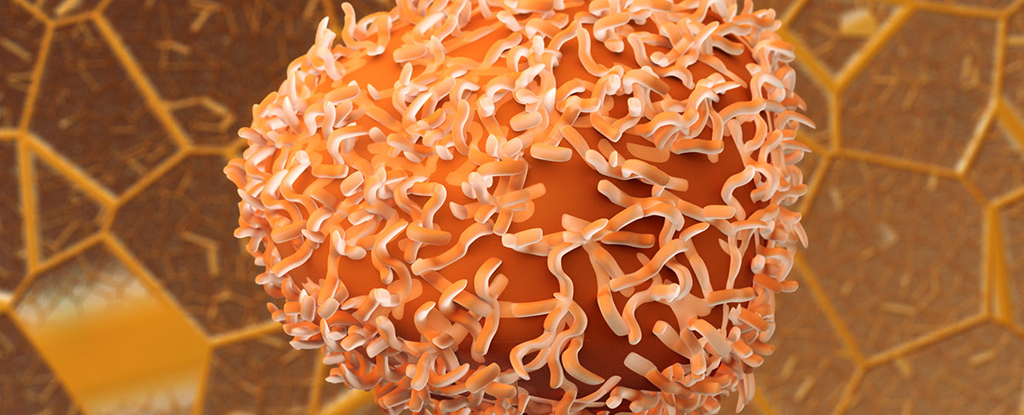
Researchers in the United States have discovered that a frequently prescribed drug for type 2 diabetes may have potential effectiveness in safeguarding against colorectal cancer (CRC), according to a recent analysis.
The medication under scrutiny belongs to a category known as glucagon-like peptide-1 receptor agonists (GLP-1 RAs), commonly referred to as GLP-1 RAs. This class of drugs, including the widely recognized ‘wonder drug’ Wegovy, has also been associated with weight loss and a decreased risk of cardiovascular issues.
We are aware that both excess weight and type 2 diabetes contribute to an elevated risk of CRC. Interestingly, these medications not only assist in addressing these risk factors but also demonstrated a reduction in CRC cases among individuals who were not overweight or obese.
“Our results demonstrate that GLP-1 RAs are significantly more effective than popular anti-diabetic drugs, such as Metformin or insulin, at preventing the development of CRC,” says Nathan Berger, medical research scientist at the Case Western Reserve University School of Medicine.
Berger and his team delved into information gathered from a comprehensive national US health record database, analyzing data from over 1 million patients with type 2 diabetes who underwent various treatments. The researchers made matches considering numerous characteristics such as gender, race, age, and socio-economic status.
Among 22,572 patients with type 2 diabetes who received insulin treatment, there were 167 recorded cases of CRC. In a comparable group of 22,572 type 2 diabetes patients treated with GLP-1 RAs, only 94 cases of CRC were reported, reflecting a 44 percent reduction.
The research team also examined two cohorts of 18,518 matched type 2 diabetes patients receiving treatment with the drug metformin, in contrast to GLP-1 RAs. In this comparison, the recorded CRC cases were 153 vs. 96, showcasing a 37 percent reduction. However, factoring in the hazard ratio (considering elements such as the duration of patient monitoring) reduces this reduction to 25 percent.
When focusing on patients with obesity or those who were overweight, the relative risk decreased even more. In these subgroups, GLP-1 RAs were linked to a 50 percent reduction in CRC cases compared to insulin, and a 58 percent reduction compared to metformin-treated individuals.
While these findings are not conclusive proof that GLP-1 RAs specifically guard against CRC, despite careful matching of different groups, they strongly indicate the need for further research and clinical trials.
Conducting these trials would enable a more in-depth examination of GLP-1 RAs to understand how they potentially inhibit the development of CRC.
Given the increasing prevalence of obesity and with CRC ranking as the second-leading cause of cancer-related deaths in the US, accounting for approximately 52,550 deaths annually, any advancements in treatment would undoubtedly be well-received.
“To our knowledge, this is the first indication this popular weight-loss and anti-diabetic class of drugs reduces incidence of CRC, relative to other anti-diabetic agents,” says Rong Xu, a biomedical informatician at the Case Western Reserve University School of Medicine.
The findings from the study have been featured in JAMA Oncology.





